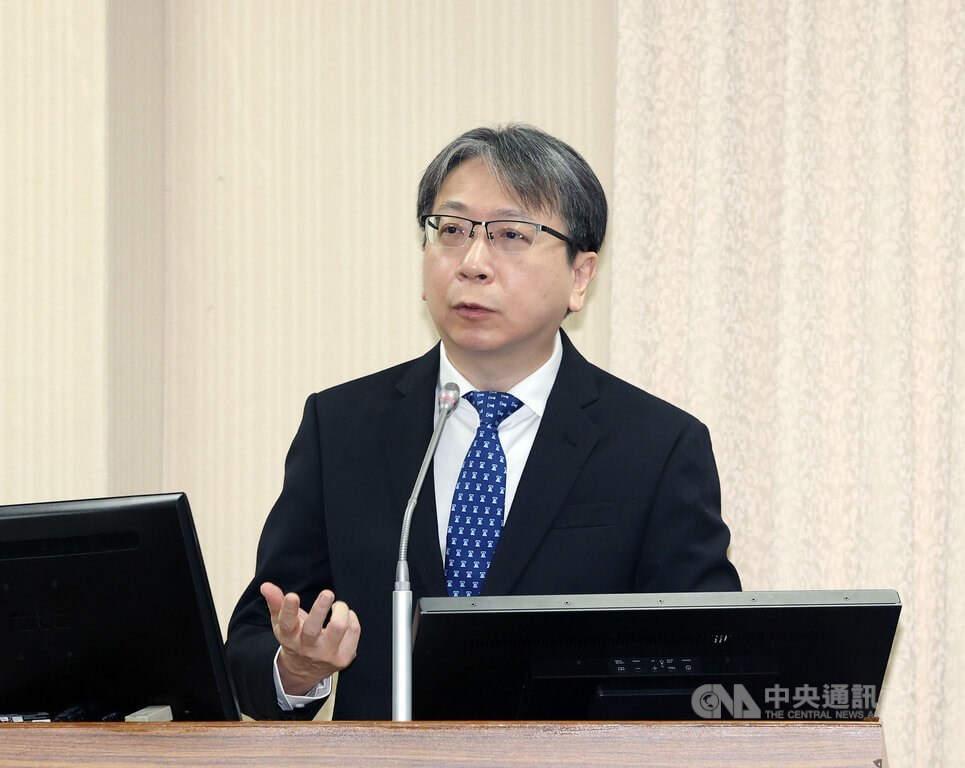Taipei, April 8 (CNA) Prosecutors have indicted 159 people suspected of spying for China since 2020, 60 percent of whom are active-duty or retired military personnel, a recent report by the National Security Bureau (NSB) found.
The NSB on Tuesday delivered a report on the country’s intelligence work and the NSB’s operations to the legislature ahead of a scheduled debriefing by NSB Director-General Tsai Ming-yen (蔡明彥) at a legislative hearing on Wednesday.
According to the report, tactics employed by the Chinese Communist Party (CCP) to get Taiwanese military personnel to conduct espionage include recruiting retired personnel and using them to approach active members, recruiting through the internet, enticing them with payments, and targeting indebted service members.
The CCP has been working in collaboration with criminal gangs, shell companies, moneylenders, temples, and civic groups to approach entry-level military personnel with money problems, which shows that it does not only target ranking officers, the report says.
Of the 95 active-duty and retired military personnel indicted, 46 were commissioned officers, 27 were noncommissioned officers, and 22 were soldiers, which shows that the CCP has infiltrated all levels of Taiwan’s military, according to the report.
The NSB said in the report that it would work more closely with other national security apparatuses in researching Chinese infiltration tactics and safeguarding against potential national security risks.
It will strengthen the collaboration between investigators, prosecutors, intelligence workers, and military intelligence officers to facilitate investigations into cases related to national security, the NSB added.
Also on Tuesday, Defense Minister Wellington Koo (顧立雄) said that one of the measures to improve intelligence security in the military is to step up personnel background checks before individuals are granted access to classified intelligence, regardless of their rank.
“Spies for the CCP are indeed everywhere, and they will exhaust all options to get intelligence,” Koo told reporters before going into a legislative meeting.
Stressing that the armed forces routinely educate service members about countering espionage, Koo noted that 87 percent of espionage cases involving military personnel were reported by active-duty service members.
